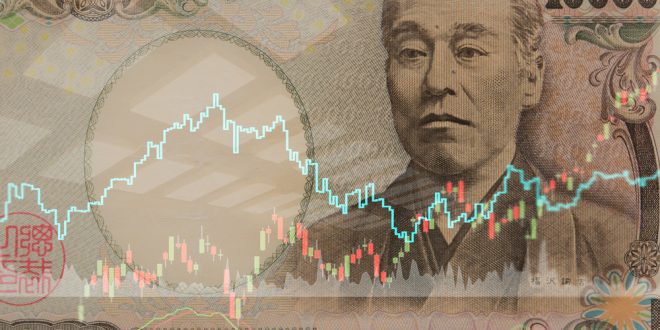Asian stocks experienced significant declines on Tuesday, mirroring the sell-off on Wall Street amid ongoing concerns about geopolitical tensions in the Middle East and the prospect of prolonged higher interest rates in the United States.
Despite the general downturn, Chinese equities fared relatively better following the release of GDP data indicating stronger-than-expected growth in the first quarter. China’s Shanghai Shenzhen CSI 300 and Shanghai Composite indexes registered declines of 0.5% and 1%, respectively. However, the reported Q1 GDP growth of 5.3% exceeded expectations of 4.8%, suggesting resilience in the Chinese economy amid ongoing stimulus measures and improvements in consumer spending. Hong Kong’s Hang Seng index, on the other hand, dropped by 1.5%.
While the GDP figures provided some reassurance, other economic indicators pointed to potential signs of slowing momentum, with industrial production and retail sales data falling short of expectations for March.
Despite recent gains, particularly in recovering from January’s five-year lows, broader sentiment across Asian markets remained negative. Investors were awaiting potential developments in the Middle East, particularly any response from Israel following reported strikes by Iran over the weekend, which could escalate tensions in the region.
Against this backdrop, Japan’s Nikkei 225 index slid by 1.9%, South Korea’s KOSPI tumbled by 2.4%, and Australia’s ASX 200 shed 1.7%. Futures for India’s Nifty 50 index indicated a weak opening, with Indian stocks susceptible to profit-taking after reaching record highs the previous week.
The predominant concern for Asian markets continues to be the prospect of prolonged higher interest rates in the United States, heightening volatility and risk aversion among investors.
 Noor Trends News, Technical Analysis, Educational Tools and Recommendations
Noor Trends News, Technical Analysis, Educational Tools and Recommendations





